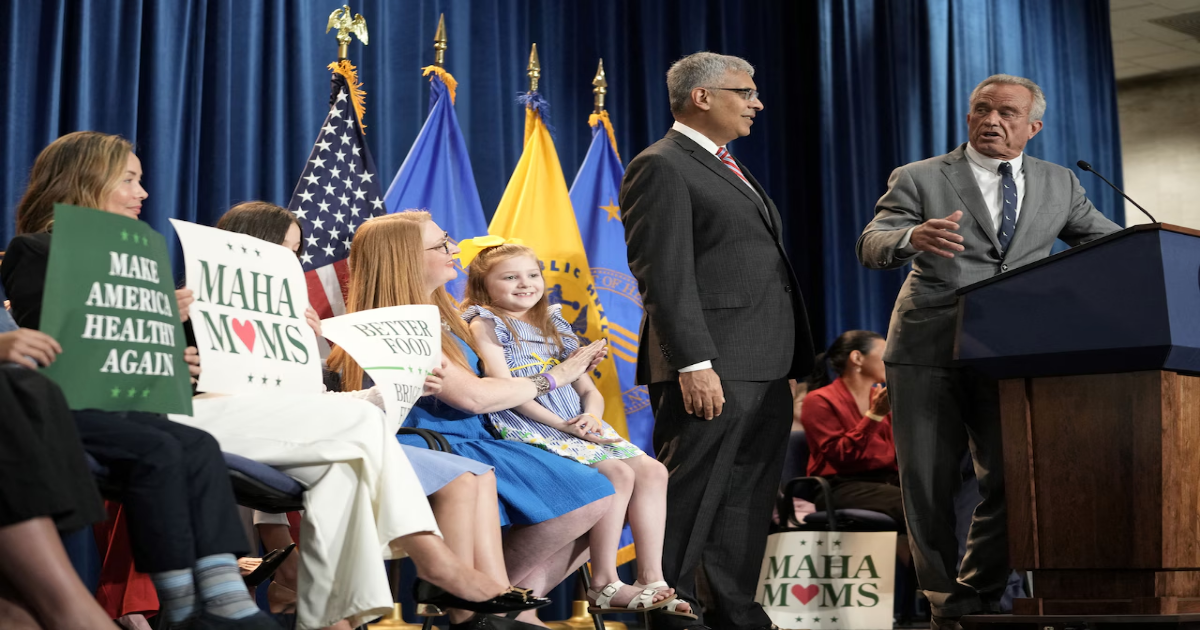The U.S. Department of Health and Human Services and the Food and Drug Administration jointly announced Tuesday a nationwide phase-out of petroleum-based synthetic dyes from the food supply, a bold step in the administration’s “Make America Healthy Again” campaign.
The announcement outlines several actions, including the elimination of eight commonly used synthetic food dyes by the end of 2026: FD&C Red No. 40; FD&C Yellow No. 5 and 6; Blue No. 1 and 2; and Green No. 3.
The FDA will also revoke authorization for Citrus Red No. 2 and Orange B, two lesser-known dyes used in select processed foods.
According to a Good Housekeeping report and findings from the Environmental Working Group, synthetic dyes can be found in popular items including Skittles, M&M’s and Sour Patch Kids candies. It is also found in cereals such as Froot Loops, Cap’n Crunch, and Trix; drinks like Kool-Aid, Sunny D and Gatorade; as well as snack foods like Doritos, Flamin’ Hot Cheetos and fruit roll-ups.
Even Little Debbie snack cakes and brightly frosted cupcakes often contain artificial coloring agents, GH reported.
“For too long, some food producers have been feeding Americans petroleum-based chemicals without their knowledge or consent,” HHS Secretary Robert F. Kennedy, Jr. said in a statement. “These poisonous compounds offer no nutritional benefit and pose real, measurable dangers to our children’s health and development. That era is coming to an end.”
Petroleum-based dyes, which have long been used to enhance the visual appeal of processed foods, have come under fire from scientists and advocacy groups who warn of their potential links to hyperactivity, behavioral issues and allergic reactions in children, the announcement said.
FDA Commissioner Marty Makary emphasized the urgency.
“We should not be taking risks and must do everything possible to safeguard the health of our children,” Makary said in a statement.
As part of the transition, the FDA is authorizing four new natural color additives and fast-tracking others, including gardenia blue, butterfly pea flower extract and Galdieria extract blue, the announcement said.
British health ministers agreed in 2008 to phase out six artificial food colorings by 2009, BBC reported, adding that the European Union banned some colorings and requires warning labels on other colorings.
Kaylee Remington is a trending news and metro reporter for cleveland.com and The Plain Dealer. Read her work online.
